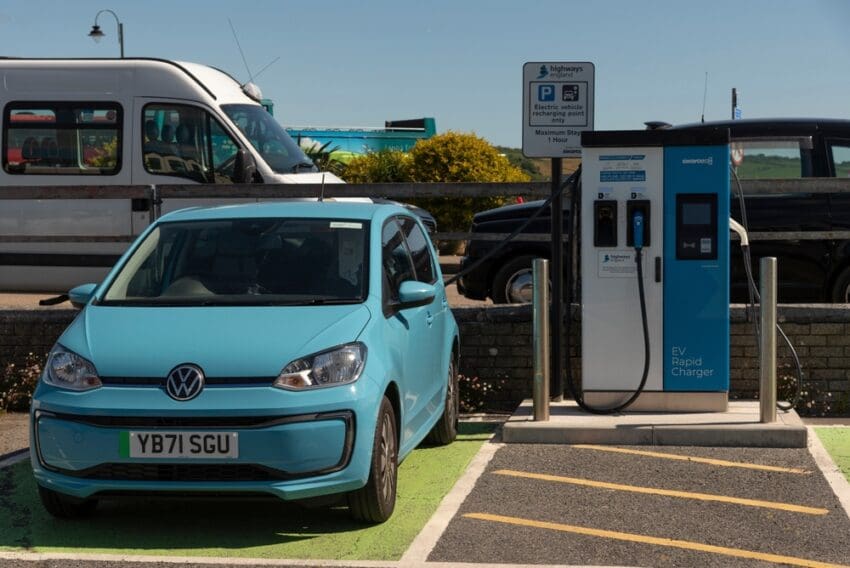
Lords call for tax cut on charging and new grants to boost EV sales
The House of Lords has called for the government to reintroduce grants for electric cars and cut tax on public chargers to help encourage a switch to EVs.
The Environment and Climate Change Committee said that a switch to electric vehicles was essential to the UK’s net zero ambitions but the government needed to do more to address misinformation and help people make the change.
The committee’s report into the country’s EV strategy said the cost of vehicles and charging remained key barriers to the wider adoption of EV. It pointed out that since the scrapping of the Plug-in Car Grant (PiCG), the UK is the only major European market not to offer any incentives to private EV buyers.
The committee recommended the reintroduction of grants to help stimulate the market. However, instead of a blanket grant like the PiCG, it said the government should explore targeted grants which help reduce the cost of more affordable models and make them attainable for even more motorists.
It also called for similar support for buyers of second-hand EVs. It pointed to schemes in Scotland and the Netherlands where buyers are given grants to buy or lease used electric cars as a means to make them even more accessible.
The report comes just after the one millionth EV was registered in the UK.
Cut charging costs
On charging, the committee called for a cut in VAT on public charging to make prices fairer. The report noted that home charging already made running an EV significantly cheaper than a petrol or diesel car for many drivers but highlighted the high cost of rapid and ultra-rapid charging. It said that VAT on public chargers should be brought in line with domestic charging, cutting it from 20% to 5%.
The report also said there was a need to “turbo-charge” the infrastructure landscape. It said outdated planning rules which delay charger installation should be removed and funding for local authorities, such as the Local Electric Vehicle Infrastructure (LEVI) Fund, should be continued and accelerated. The Department for Transport recently announced a consultation on simplifying the planning process to speed up charger roll-out.
The committee was also critical of “mixed messages” from government and the lack of action to counter misleading reporting around EV costs, safety and charging. It urged the government to take a “more proactive and leading role in communicating a positive vision of the EV transition”.
Mike Hawes, chief executive of the Society of Motor Manufacturers and Traders welcomed the report’s recommendations. He said: “The Lords report recognises the role government must play in accelerating the EV transition.
“Many of the recommendations have already been highlighted by industry, such as chargepoint roll-out ahead of need, equalising VAT on public charging to home charging and the importance of purchase incentives, which could be delivered by a VAT cut.
“The report also notes the need for clear, consistent communication of the UK’s ambition. The industry will continue to work with government to ensure this is a transition for all – including ministers whose cars should also be electric by the end of the year.”
The RAC’s head of policy Simon Williams added: “We have long argued that mass uptake of EVs – which is the government’s aim – depends on prices falling to make them the natural choice for more people, so we are particularly pleased to see the committee supporting the introduction of targeted grants for new electric cars, aimed at the more affordable end of the market.
“The unequivocal support for VAT to be charged at the same 5% rate whether a driver is charging at home or at a public charger also now piles yet more pressure on the Treasury to correct this bizarre anomaly. As things stand, the current mismatched VAT rates are an unnecessary barrier to switching to an electric car for the estimated third of people who wholly rely on the public charging network.”